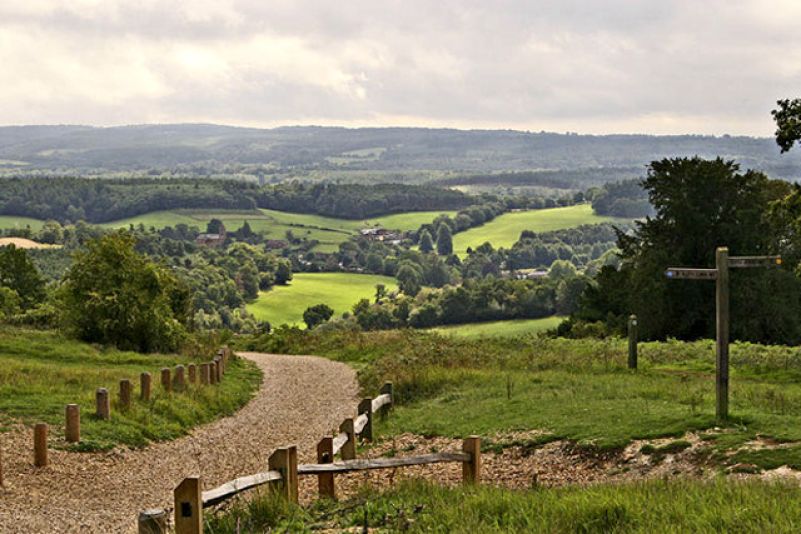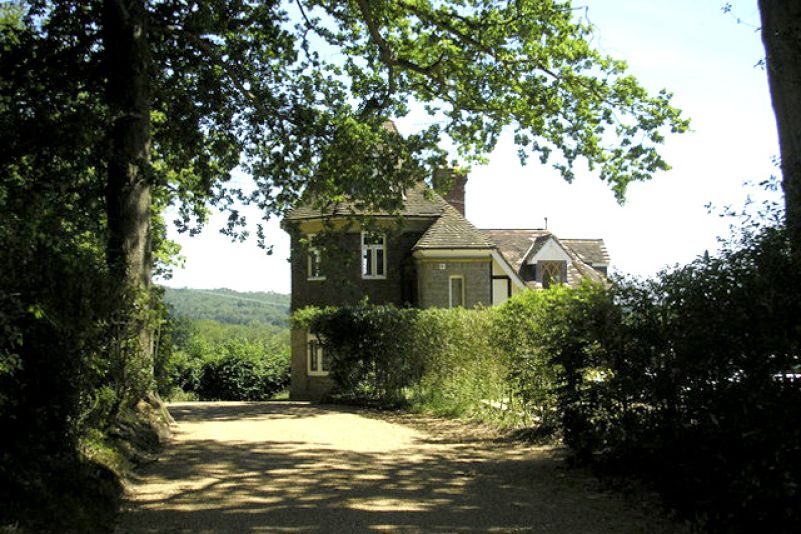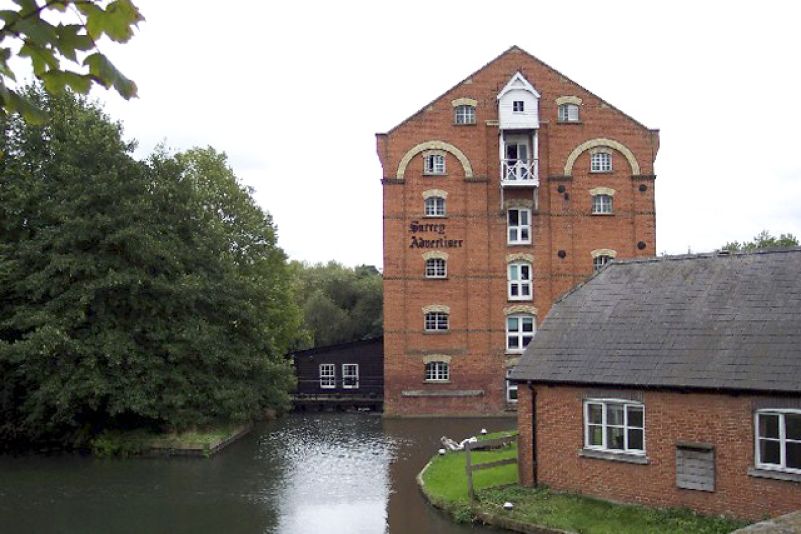Created Date:
Last Modified:
Connaught Engineering
Home of the former Formula One and sports car constructor.
Location
Portsmouth Road, Send, GU23 7JY
Date
1949 - 1957.
Commentary
Founded in 1945, and based at Send in Surrey, Continental Cars (later renamed Continental Engineering) produced their first road car in 1949, using a 1.7-litre Lea Francis engine and chassis.
Although early cars were built for road use, the company’s main emphasis was on performance, and the cars soon became a familiar site at race meetings.
Three models of the aluminium-bodied road car were offered in all, the L1, 2 and 3. Graham Robson, in A-Z British Cars 1945-1980, indicates that a total of only 27 cars were sold. Production of the L series officially ended in 1953, as the company focussed its energy on the development of single seaters.
One of Connaught’s most enthusiastic supporters was race driver Kenneth McAlpine (whose family established the famous construction company) who both raced Connaught cars and gave financial backing for their development.
Connaught’s first Formula 2 car had its first competitive outing in 1951 in the Rufforth Stakes at the Gamston circuit in Nottinghamshire. Racing success developed swiftly, and by 1952, Connaught cars were appearing in international F2 and F1 events in the hands of drivers that included Stirling Moss, Prince Bira and Peter Collins.
In 1955, the team gained the first win for a British car in an overseas Grand Prix race since 1924 when Tony Brooks, then aged 23, won the Syracuse Grand Prix.
Although there were further successes, the team was forced to withdraw from motor sport in early 1957. Insufficient funds made it impossible to continue the programme of racing. Later in the year everything relating to racing and car manufacture was sold – including two cars that were bought by a young team owner, Bernie Ecclestone.
Further details
- British Sports Cars, Gregor Grant, Foulis, 1958.



